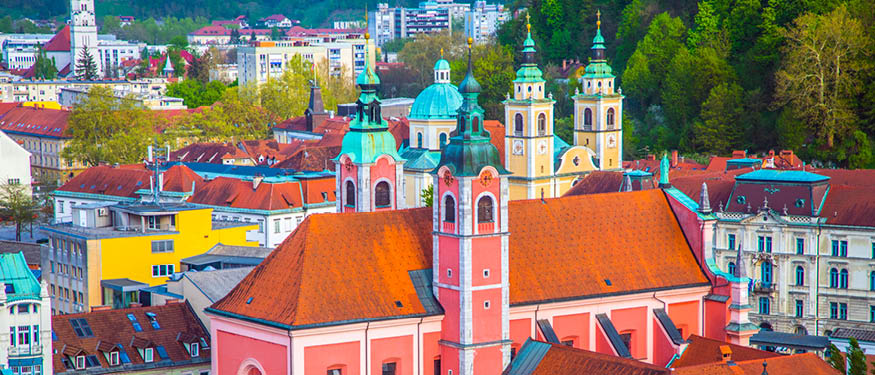Serbia has been hard at work implementing extensive revisions to its immigration laws – merging the work and residency permits, for example – producing both timely results and temporary issues, according to DNVG Attorneys Partner Damjan Despotovic.
"Starting February 1, Serbia has implemented a completely revised procedure for granting residency and work permits," Despotovic begins. "This marks a move towards liberalizing immigration, albeit not radically. The changes are partly technical but significant in facilitating the process," he says.
One of the key novelties, Despotovic continues, is the "elimination of separate work permits. Instead, we now have a joint permit that allows foreigners to both reside and work in Serbia. This is a significant simplification, merging two processes into one," he explains. "Additionally, this permit will now be issued electronically, which is a new approach for us."
Considering such a new system, he reports there exists a "mix of curiosity and anxiety about it – we're transitioning to a completely different way of working, and the authorities are currently in a bit of disarray adapting to these changes." The electronic application system isn't fully set up yet, but Despotovic does feel that it promises greater efficiency. "For example, the processing time is expected to shrink from two months to just 15 days," he adds.
Additionally, Despotovic indicates that the permit's longer validity – now valid for three years instead of one – is a "very beneficial change, especially for those planning longer stays in Serbia. It reduces the bureaucratic hassle of annual renewals, providing a more stable situation for immigrants." Moreover, the "joint permit will now be a personalized ID with chips, enhancing security and functionality, and there is also a provision for temporary residency aimed at those who seek to stay in Serbia for reasons other than work, like family reunification, students, real estate investors, and those investing in or establishing innovative technology companies in Serbia," he outlines.
However, all is not smooth sailing – when it comes to regulating digital nomads, the law is less clear cut. "The law hasn't specifically addressed digital nomads – which is a growing segment in immigration inquiries. While they must apply for a joint permit as self-employed, the government now has the provision to create exceptional situations for foreigners to work on temporary residency, potentially accommodating digital nomads in the future," Despotovic explains.
Finally, Despotovic also reports that it is expected that, starting on March 1, the "citizens of North Macedonia and Albania can work in Serbia without needing a joint permit. This is a result of multilateral treaties and signifies a major step in regional cooperation," he says. Ultimately, this slew of employment legislation updates is a good thing, Despotovic says, especially given the recent turmoil in the IT sector. "There were numerous redundancies announced, particularly in the IT industry. This is a relevant issue for big companies and a frequent subject among lawyers and business professionals – it's something we're dealing with daily," he notes in conclusion.

















